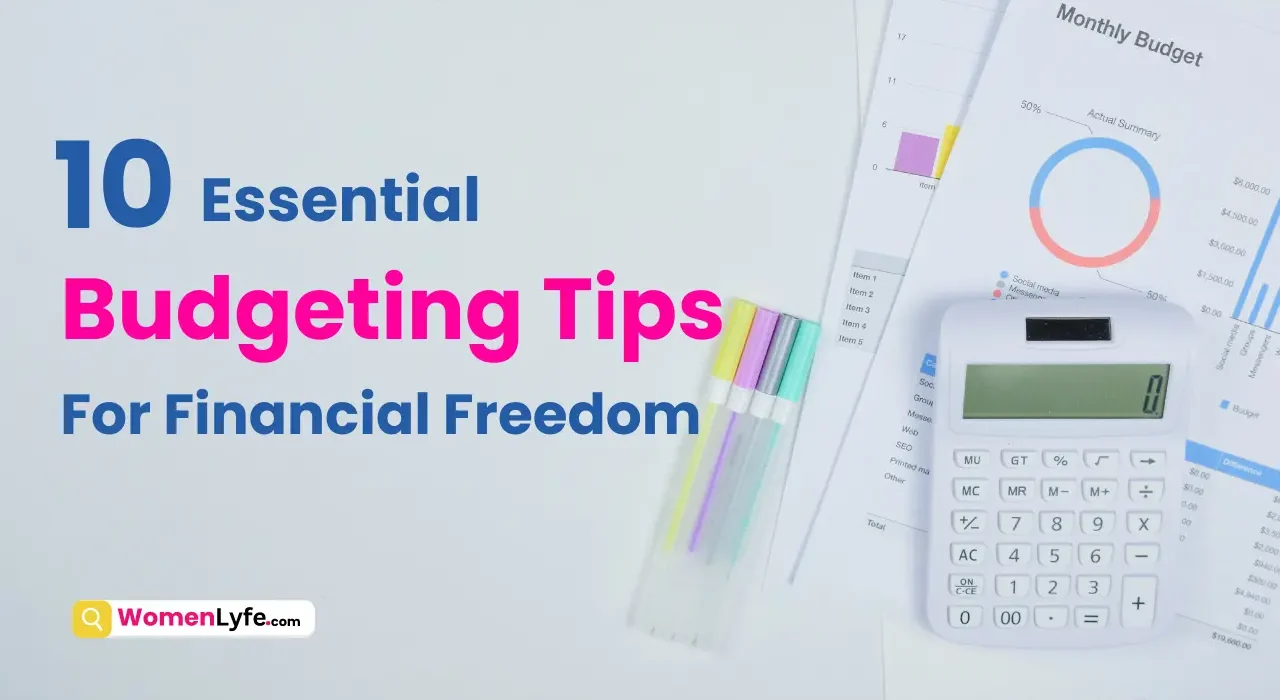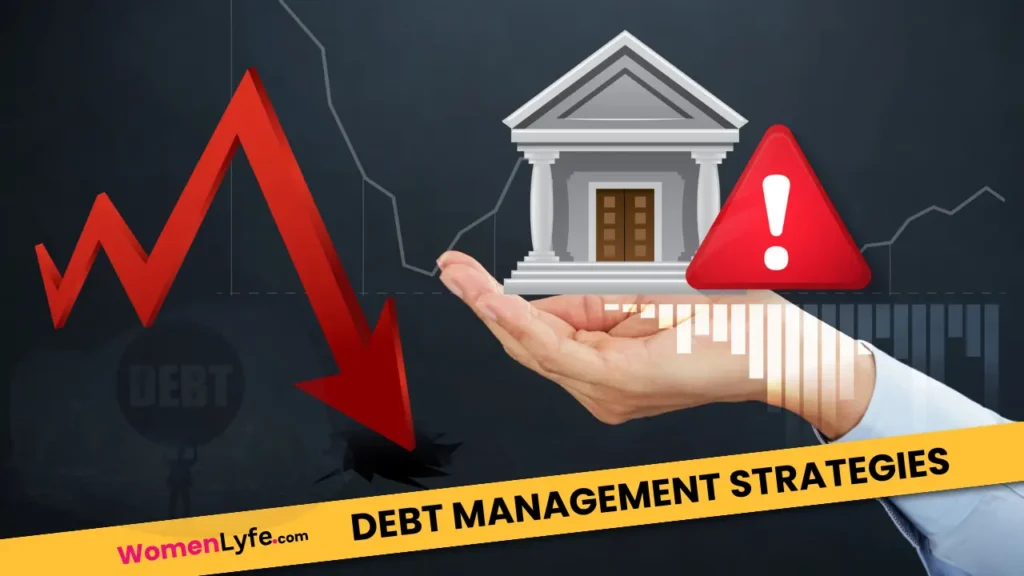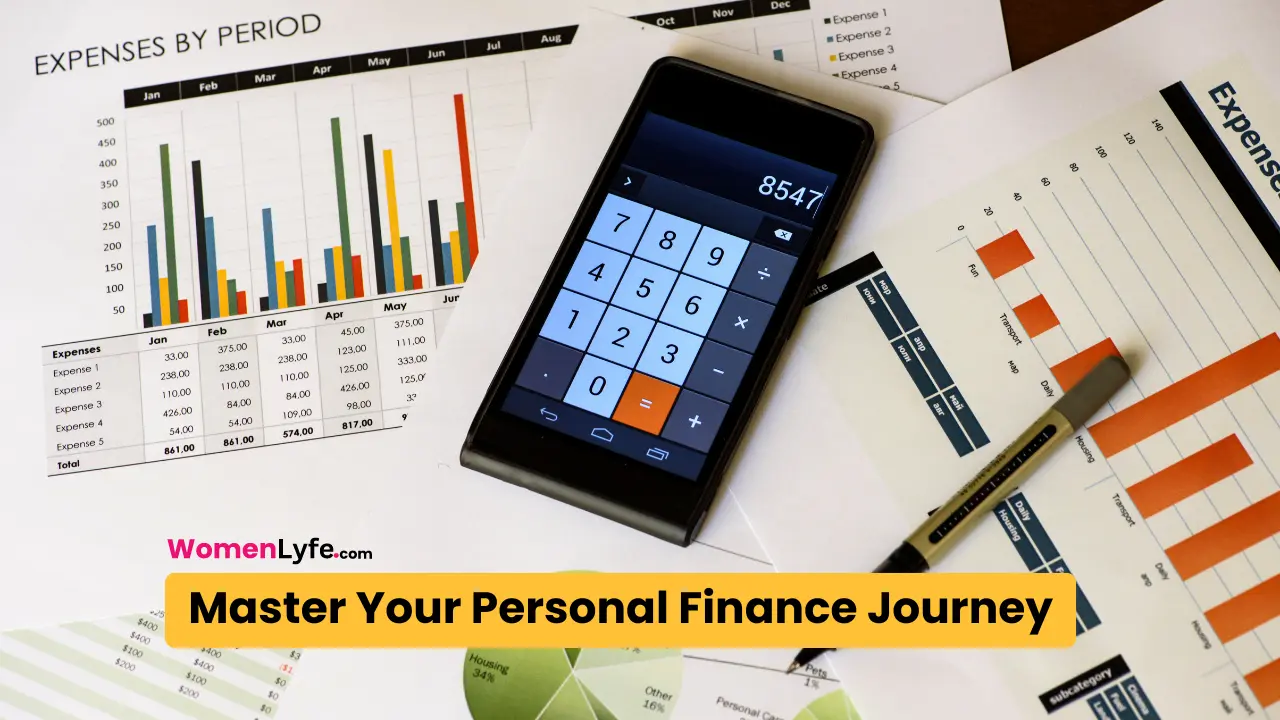Are you ready to take control of your financial future? Budgeting is the key to unlocking financial freedom. By managing your money wisely, you can reduce debt, save more, and achieve your financial goals. Here are some essential budgeting tips to help you pave the way to a secure and prosperous future.
What is Budgeting?
Budgeting is the process of creating a plan to manage your money. It involves tracking your income and expenses, setting financial goals, and allocating funds to different categories such as necessities, savings, and discretionary spending. The goal of budgeting is to ensure you live within your means, save for future needs, and achieve financial stability.

Budgeting Tips for Financial Freedom
Achieving financial freedom is a dream for many, but it’s more attainable than you might think. By implementing effective budgeting strategies, you can take control of your finances, reduce debt, and build wealth. Here are 10 essential budgeting tips that can help you on your journey to financial independence.
1. Track Your Spending
The first step to creating a successful budget is to understand where your money is going. Keep a detailed record of all your expenses for at least a month. This includes everything from your rent or mortgage to your daily coffee. Tracking your spending helps you identify patterns and areas where you can cut back.
2. Set Realistic Goals
Having clear financial goals is crucial. These can be short-term, like saving for a vacation, or long-term, such as buying a home or retiring comfortably. Make sure your goals are specific, measurable, attainable, relevant, and time-bound (SMART).
3. Create a Monthly Budget
Once you know where your money is going and what your goals are, it’s time to create a monthly budget. List all your income sources and expenses. Allocate funds for necessities first, such as housing, utilities, and groceries, before setting aside money for savings and discretionary spending.
4. Use Budgeting Tools
Take advantage of modern technology to simplify your budgeting process. There are numerous apps and online tools available that can help you manage your finances, track your spending, and stick to your budget.
5. Pay Yourself First
One of the most effective budgeting strategies is to “pay yourself first.” This means setting aside a portion of your income for savings before paying any other bills or expenses. This can help ensure that you’re consistently building your savings.
6. Reduce Unnecessary Expenses
Take a close look at your spending habits and identify areas where you can cut back. This could include eating out less, canceling unused subscriptions, or finding cheaper alternatives for entertainment.
7. Build an Emergency Fund
Life is unpredictable, and having an emergency fund can provide a financial safety net. Aim to save at least three to six months’ worth of living expenses in a separate, easily accessible account.
8. Avoid Debt
Try to minimize your use of credit cards and avoid taking on new debt whenever possible. If you already have debt, focus on paying it off as quickly as you can. Consider using the debt snowball or avalanche method to accelerate your repayment process.
9. Review and Adjust Your Budget Regularly
Your financial situation and goals may change over time, so it’s important to review and adjust your budget regularly. This ensures that your budget remains aligned with your current circumstances and helps you stay on track.
10. Seek Professional Advice
If you’re struggling to manage your finances or need help creating a budget, don’t hesitate to seek professional advice. Financial advisors can provide personalized guidance and help you develop a plan tailored to your specific needs.
Also read
Conclusion
Achieving financial freedom requires discipline, patience, and a solid budgeting plan. By following these ten essential tips, you can take control of your finances, reduce debt, and work towards a more secure financial future. Remember, the key to successful budgeting is consistency and regular review.
Frequently Asked Questions
1. How do I start budgeting if I’ve never done it before?
Start by tracking your spending for a month to understand where your money is going. Then, set realistic goals and create a monthly budget based on your income and expenses.
2. What is the best budgeting tool?
There are many great budgeting tools available, such as Mint, YNAB (You Need A Budget), and PocketGuard. Choose one that best fits your needs and preferences.
3. How much should I save each month?
Aim to save at least 20% of your income each month. However, the exact amount can vary depending on your financial goals and current situation.
4. How can I reduce my expenses?
Identify unnecessary expenses and find areas where you can cut back. This might include eating out less, canceling unused subscriptions, and finding cheaper alternatives for entertainment.
5. Why is having an emergency fund important?
An emergency fund provides a financial safety net in case of unexpected expenses, such as medical bills or car repairs. It helps you avoid going into debt when emergencies arise.











